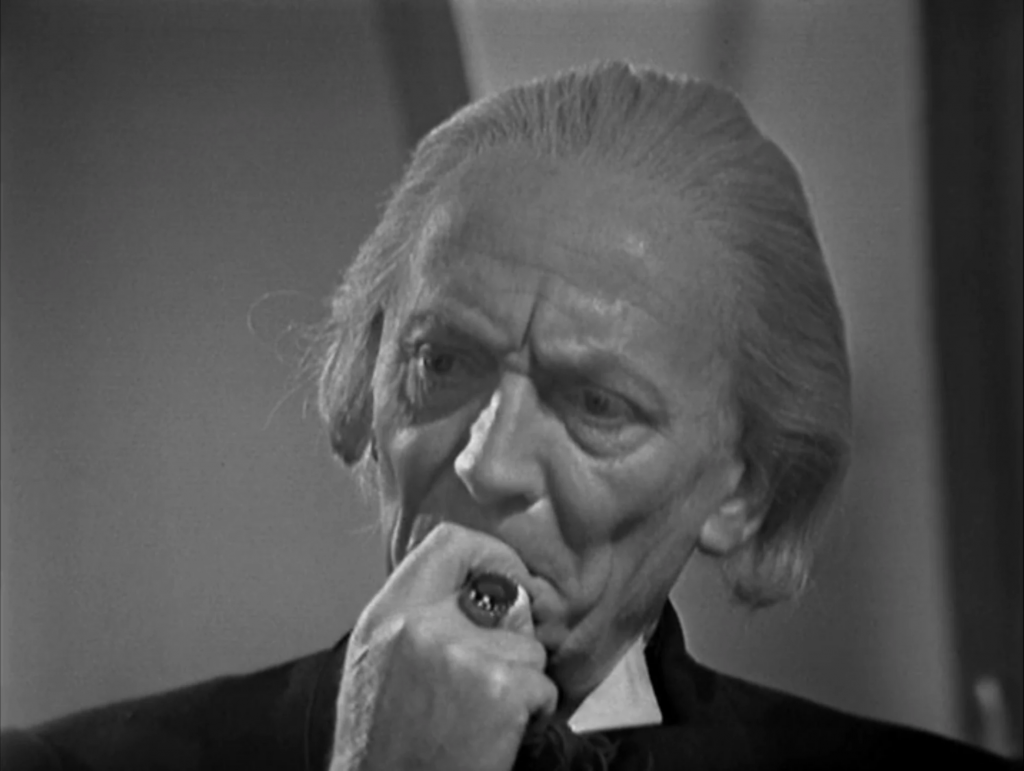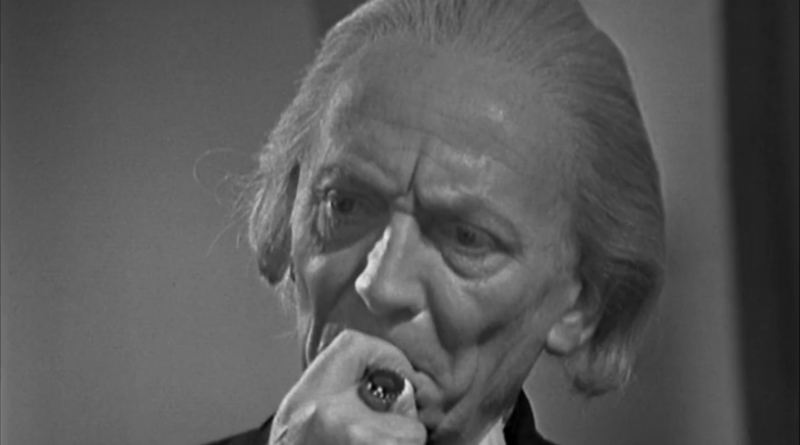What does doctor mean? from the Latin word for “teacher”
The English language history of doctor starts in the early 14th century, when the word was first applied to a select few who likely knew neither bloodwork nor basketwork. They were equipped for dealing with matters of the soul: they were eminent theologians who had a special seal of approval from the Roman Catholic Church as people able to talk about and explain the doctrines of the Church. They were teachers of a kind, and the word’s origin makes this connection. The word doctor comes from the Latin word for “teacher,” itself from docēre, meaning “to teach.”
The 14th century was the birth of the Renaissance, and lots of teaching and learning was afoot. By the century’s end, the word doctor was being applied not just to a select few theologians, but also to qualified and/or accomplished academics and medical practitioners.
In the centuries between then and now, doctor has had many other applications, including referencing a soldering tool, a tropical sea breeze, and a loaded die. It’s almost exclusively used of people now, and both qualified academics and medical practitioners may rightfully claim it.
Members of the ULC are lifelong learners, ever searching for answers to life’s great questions. Who are we? How did this world come to be? Are greater powers at work, and if so, how can we better understand them?
This honorary divinity degree is a direct reflection of a commitment to greater knowledge of the divine. Obtaining the Doctor of Divinity title designates the bearer as someone who has fully committed themselves to the study of divinity and all of its mysteries.


